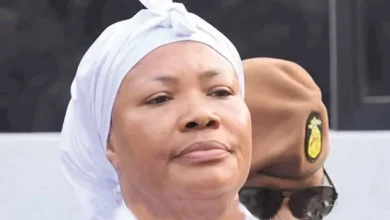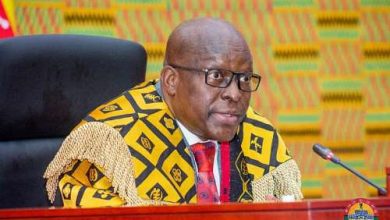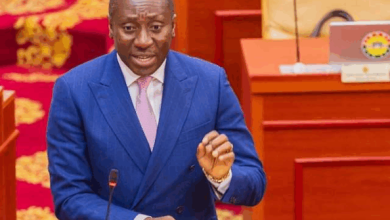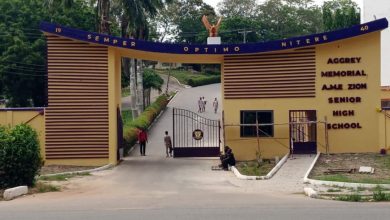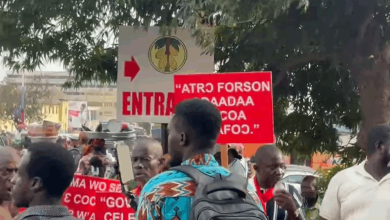Teachers Call for More Input in Curriculum Changes, Highlight Inadequate Training
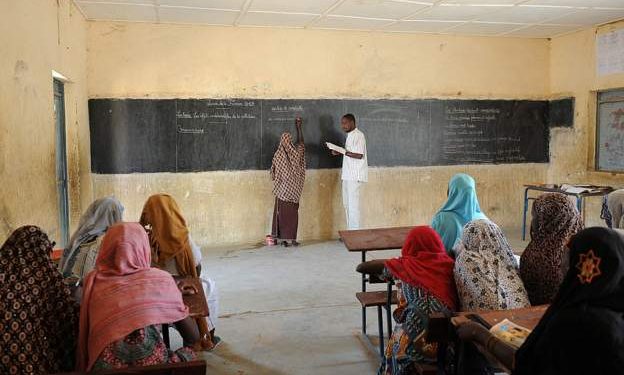
Despite being frontline players in Ghana’s education sector, teachers assert that they are often sidelined in the formulation of key policies such as the introduction of new curricula.
They argue that this practice hampers effective teaching and learning and are therefore calling for reforms to ensure their active involvement in policy design and implementation.
Ghana’s new basic school curriculum was introduced a couple of years ago, but many teachers lament that they still do not fully understand the policy.
Speaking to Channel One News, some teachers noted that without adequate knowledge of new pedagogies, they fear that they cannot effectively teach their students, a situation that could lead to poor performance.
“Any curriculum that is introduced, a teacher may be handicapped in that regard. This is because the teacher has received initial training at the college; thus, any curriculum that is introduced will come with new methods, and the teacher should be well-versed in these methods.
“Unfortunately, the training that was conducted for the teachers was very short, and we could not get the best of it,” a teacher, Ebenezer Abraham Kojo Sakyi, stated.
Beyond this, challenges such as inadequate teaching and learning materials, as well as limited classroom infrastructure, continue to hinder the smooth implementation of the curriculum.
In the Gomoa East and Central Districts of the Central Region, the Ghana National Association of Teachers (GNAT) has rolled out an intervention to bridge potential knowledge gaps among teachers.
At a workshop attended by over 200 teachers, Gomoa East GNAT Chairperson, Abigail Darko, told Channel One News the exercise was necessary to sharpen the skills of teachers. She, however, urged policymakers to engage teachers more extensively before rolling out new education policies.
“We have professional development and membership education, so with Gomoa East, each academic year, we make sure we develop our teachers professionally, and this is one of the means through which we will develop them,” she said.
Experts have also emphasised that continuous professional development and performance monitoring remain critical in shaping teacher effectiveness. They further insist that teacher welfare must be prioritised if reforms are to succeed.
“It is about providing continuous professional development for these teachers. It is about training. For leaders as well, it is about monitoring; going to the classroom and assessing how the teachers are implementing the training they have received,” Edubest Travel Director, Betty Johnson, stated.

